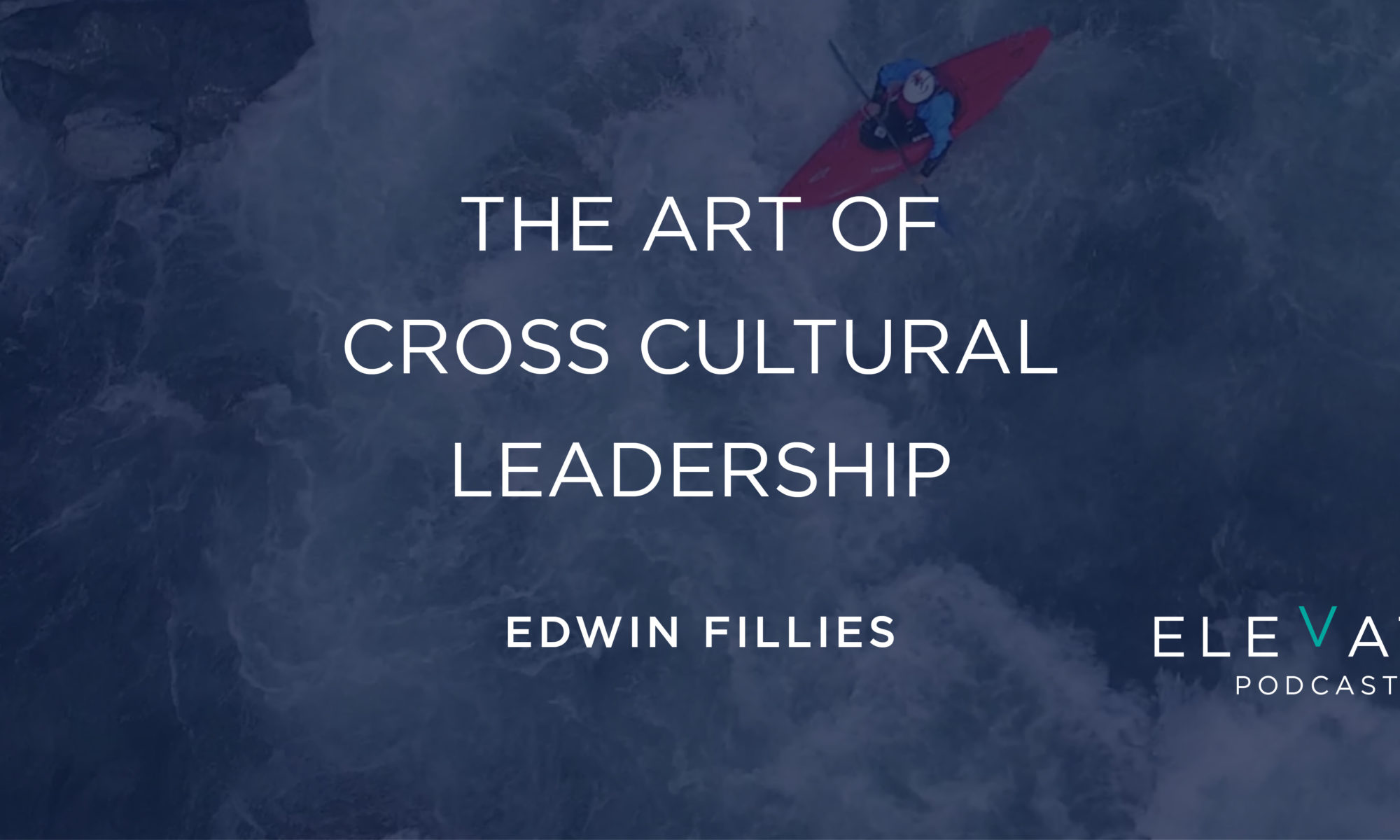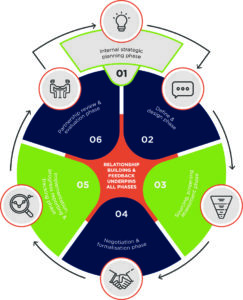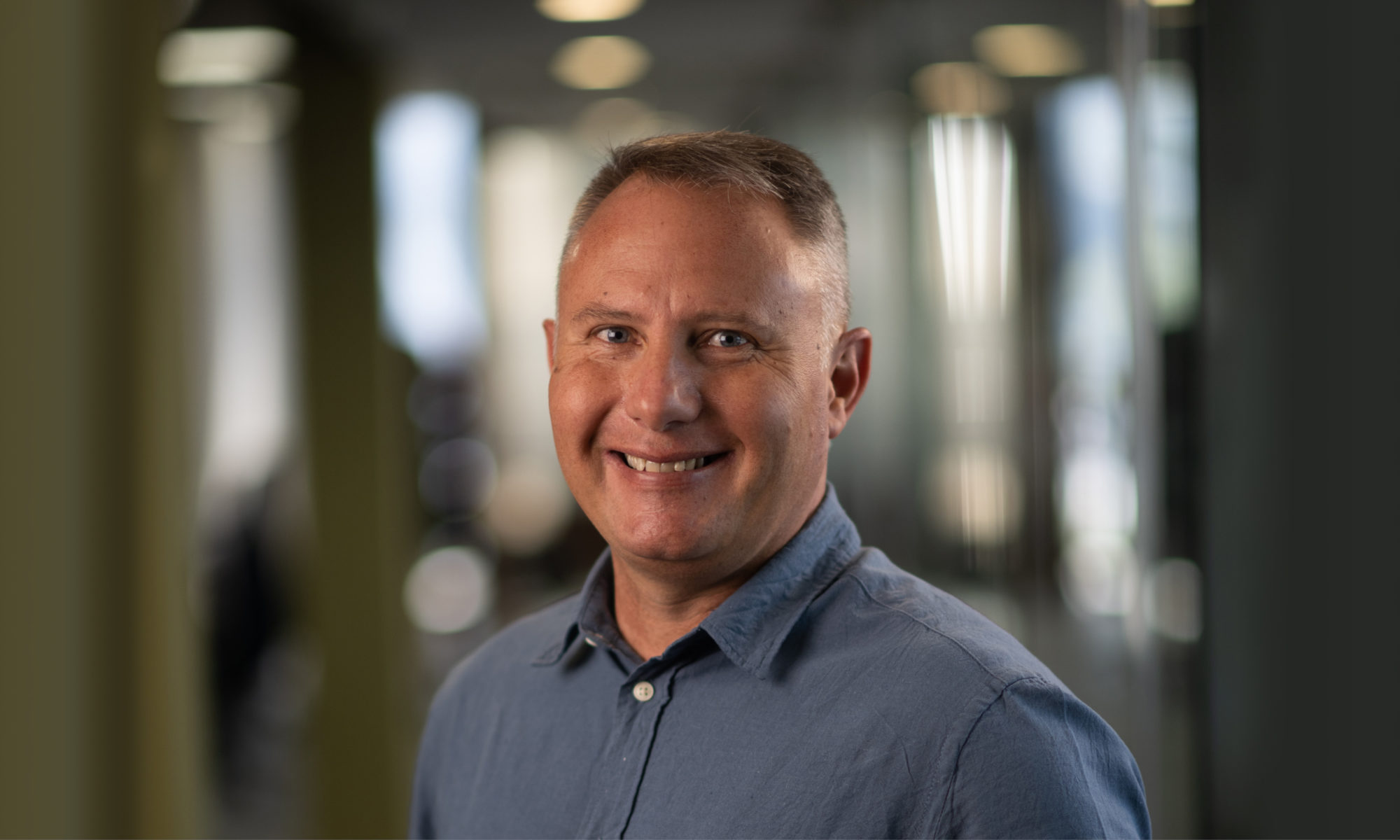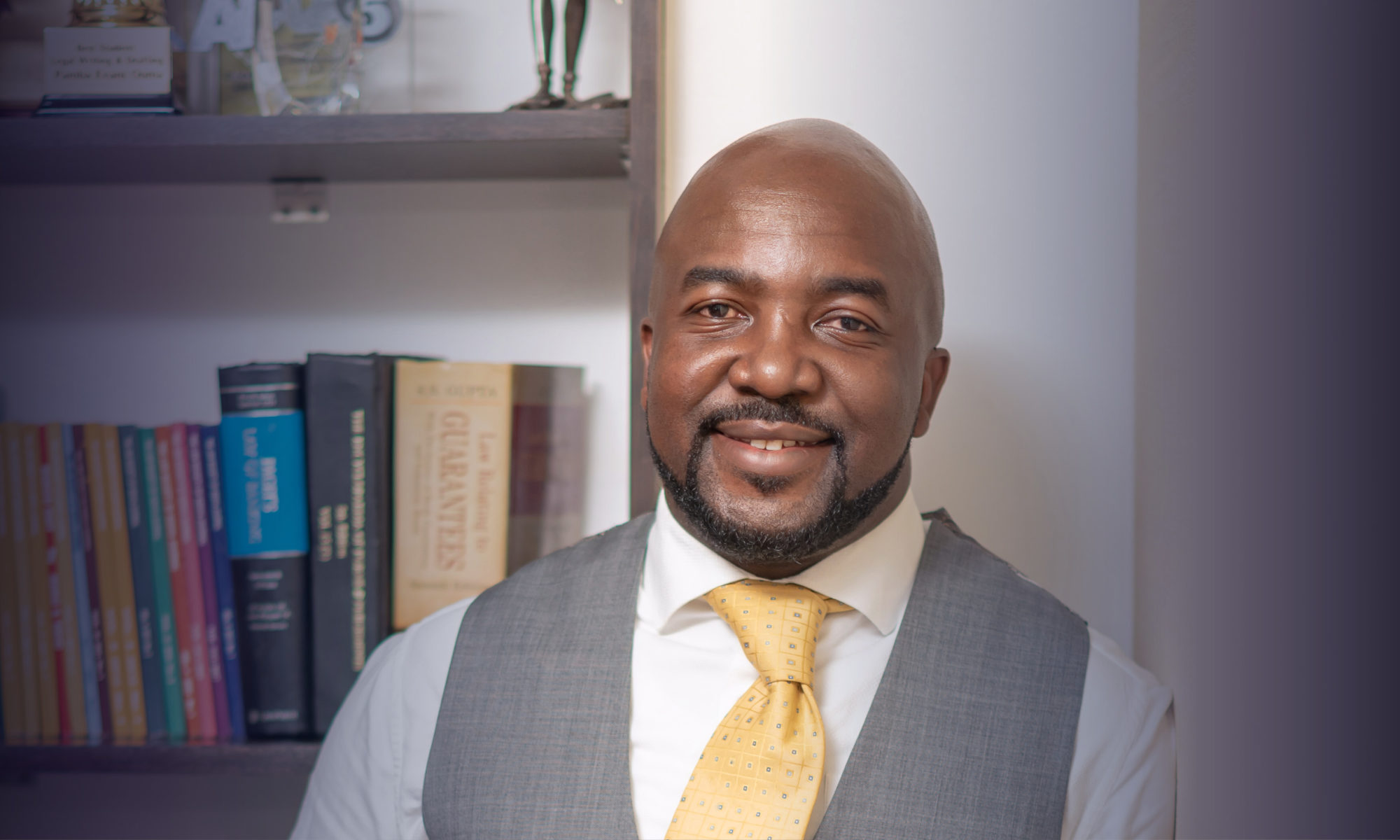Ten years ago, Gideon Galloway walked through Mergon’s doors and pitched a brave and rather unconventional model of insurance – one that has gone to turn the industry on its head in South Africa. Today King Price still remains the biggest start-up investment in Mergon’s portfolio. Having celebrated King Price’s 10-year birthday last month, we interviewed Gauché Radley, Mergon COO and King Price chairman, to hear more about the fascinating story of King Price – a story he describes as one of ‘prayer, friendship and grace.’
Flying in the face of convention
A story of prayer
‘If I think of King Price over the last ten years, for me, it is firstly a story of prayer,’ says Mergon COO and chairman of King Price Gauché Radley. ‘Prayer has always been at the centre of it all.’
Gauché recalls the day in May 2012 when founder and CEO, Gideon Galloway, walked through Mergon’s doors for the first time and pitched a rather unordinary vision to turn the insurance industry on its head.
‘The idea was totally compelling – insurance premiums that decrease with time,’ he shares. ‘There was a kind of gritty courage and boldness to the vision – a ‘bigness’ that went beyond the projected bottom line returns. Gideon wanted to use this business to make a difference in people’s lives.’
It was a vision that Mergon’s investment team could get behind. But ‘buying the vision’ wasn’t enough – as with every big decision that has shaped their 4-decade story, prayer would pave the next step.
‘We had done all our due diligence but the final decision had to be surrendered into God’s hands,’ he says. ‘We asked our team to pray about it – we asked the board and our ministry partners in the Foundation too. Eventually we felt God released us to go ahead with the investment, but we felt we shouldn’t do it alone. Just in time we found a partner to co-invest in the business.’
Over the last decade, King Price has become South Africa’s fastest growing insurance company, with an expanding footprint into Africa and Europe. To add to this, King Price recently acquired Stangen to form part of the King Price kingdom and be a launch platform into life insurance. Says Gauché, ‘When we acquired the company it had about 250 000 lives insured. In just over two years we’ve seen a four fold growth – growing from 250 000 to about 1 million lives insured. All in all, there has been incredible growth – and more plans for expansion are on the table.’
‘It has been a wild ride – but not an easy one,’ he continues. ‘The story hasn’t come without its challenges – such as major IT issues in 2014, Covid in 2020-2022, social unrest/looting in 2021 and the KZN floods in 2022. But through it all, prayer has always helped the teams to navigate the storms together.’
A story of friendship
Reflecting further on the past ten years, Gauché continues: ‘Our story with King Price has also been one of people and friendships. I’ve made some of my best friends there over the last ten years.’
He smiles and explains: ‘You see, at Mergon, we believe good partnership should be relational and whole-hearted. When we invest in businesses, we invest in the leaders too. We engage with them – walk alongside them and encourage them; we work together to find solutions to the challenges they face. The fact that I can call my colleagues at King Price ‘friends’, is a privilege I don’t take for granted. God called us to steward every part of our lives – and that begins with our relationships.’
Gauché continues, ‘We often use the term ‘Kingdom investing’ – but what does that mean to the average guy on the street? It means firstly that the business is not ours – it’s God’s and we are the stewards called to faithfully manage what He’s entrusted to us. It also speaks to me about the who and how of partnership. We partner with people and businesses (like King Price) that are purpose driven and values based – they are building for something beyond profitability. They want to contribute to society and see their own people flourish in the process. This is a truly globally competitive team. A bunch of guys having fun, working hard and really making a difference.’
A story of grace
Gauché also believes that ‘at the end of the day, King Price is a story of grace’.
Mergon was not the first investors’ door that Gideon Galloway knocked on for potential investment. In fact, our door was the 43rd. ‘The proposal was just so unconventional to traditional insurance models – it was a big entrepreneurial risk that other investors weren’t willing to take, I suppose,’ says Gauché.
Today King Price is the biggest start-up investment in Mergon’s international investment portfolio. ‘Of course it’s come through hard work and a lot of expertise we’ve all brought collectively to the table over the years,’ adds Gauché, ‘but at the end of the day it’s by God’s grace and favour. Our success is ultimately all about His faithfulness.’
In Mergon we consider ourselves to be ‘stewards in amazement’. This means that every day we have the opportunity to ‘show up for God’ and make ourselves available – every part of our lives including our time, talents, skills, resources and relationships. ‘As we do this,’ he says, God seems to multiply our efforts and build out something far greater – and far more impossible – than we could ever claim we did ourselves.’
Looking to the next ten years, Gauché says, ‘I live with an expectancy of what God is going to do in King Price in the next season. Our vision is not only to be successful as a company, but to continue making a difference in the lives of people in South Africa and abroad.’
All rights reserved. Copyright 2018 Mergon Group.






